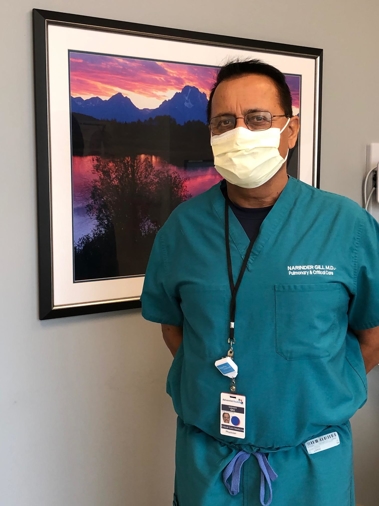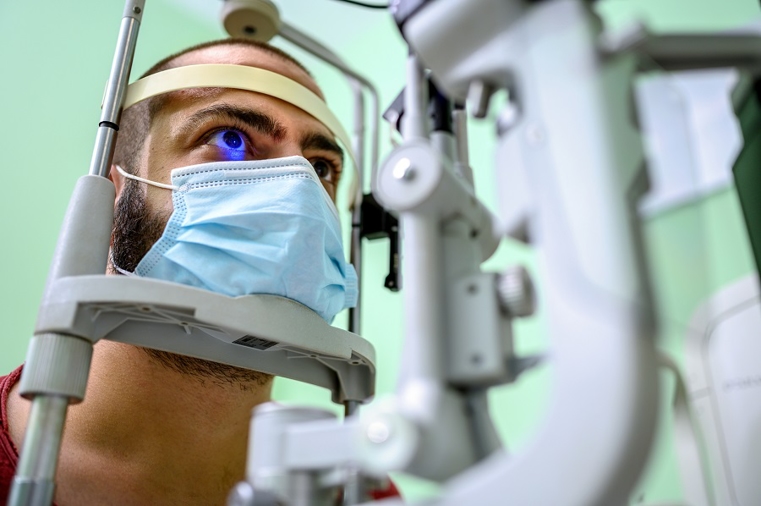Are You Due for a Cancer Screening This Movember?
Oct 1, 2023

Each November, the Movember Foundation encourages men to grow out their facial hair in a campaign to raise awareness for prostate and testicular cancers. This no-shave November, it may also be time to schedule your cancer screenings.
Research shows that men often delay routine health screenings, leading to worse health outcomes later down the road. Thankfully, getting your routine screenings can help prevent health problems and complications. Here’s what to know about men’s health screenings and cancer prevention.
What are health screenings and why do they matter?
Health screenings are tests that look for early signs of diseases. For example, prostate cancer screenings can detect cancer before you even experience symptoms. Usually, when doctors detect any disease in its early stages, the condition is easier to treat.
What routine screenings do men need?
Your primary care provider can advise you on what screenings you need based on your age, overall health and family history. Your annual exam is a crucial time to discuss any new health concerns, complete these routine screenings and ask your primary care provider any questions.
Usually, your primary care provider will check your blood pressure and make sure your vaccinations are up-to-date. You may also complete a survey that screens formental health conditionssuch as depression. Your primary care provider will likely also give you personalized screening recommendations based on your family history and other risk factors. For example, you may need to start cancer screenings earlier than usual if you have a close family member who had cancer.
What about cancer prevention?
All men 50 and older should start talking to their doctor about cancer screenings, even if they have few or low risk factors. There’s no guaranteed way to prevent cancer, but regular screenings can catch the disease early when it’s easier to treat. Your doctor will likely speak with you about:
- Colon cancer screening:The gold-standard guidance is to have your first colonoscopy by age 45 and to continue this screening every 10 years if your results are normal. During a colonoscopy, your provider checks for abnormal tissue, signs of cancer or small growth called polyps that could turn into cancer. Not only can they detect polyps during this test, but they can remove them during the same exam. Depending on your risk factors and preferences, you may have a flexible sigmoidoscopy every five years or an annual fecal occult blood test.
- Prostate cancer screening:Not every man needs a prostate cancer screening. Your provider may recommend screenings based on your age and overall risk. You may have a prostate-specific antigen (PSA) blood test. Based on the results of your PSA levels, your provider may recommend retesting every one to two years.
- Testicular cancer screening:There’s no routine in-office screening for testicular cancer. But your doctor can explain how to perform monthly self-checks. You should check your testicles for any abnormalities, including hard bumps, size or shape changes. If you notice anything irregular, follow up with your healthcare provider for further screening.
In addition to growing out your mustache, this month is the perfect time to talk with your primary care provider about routine health screenings and cancer prevention.Find a providerto schedule your wellness check-up today.
Related articles

Fires, bad air quality and COVID-19: a triple threat for those with lung problems
August 21, 2020

American Heart Month: What to know about cardiovascular disease
February 23, 2021

Glaucoma awareness month: How to lower your risk of glaucoma
January 11, 2021